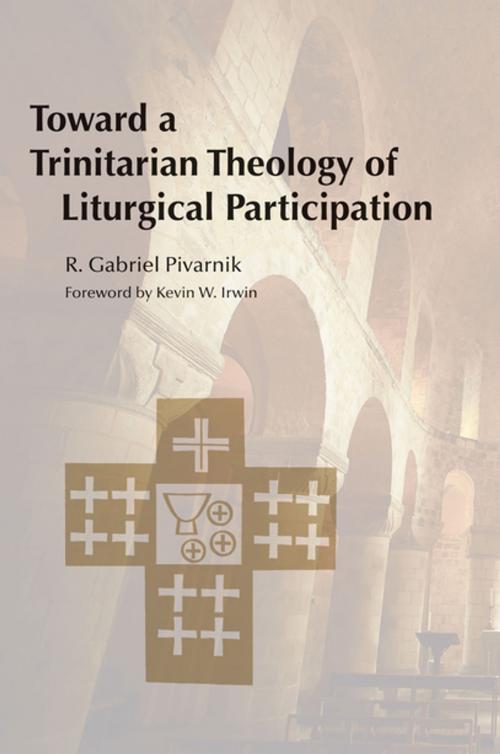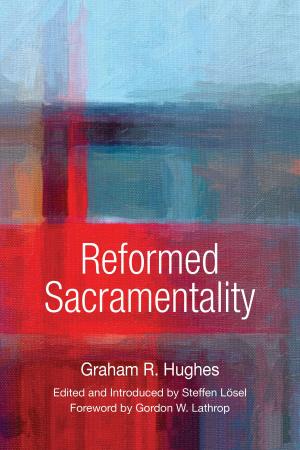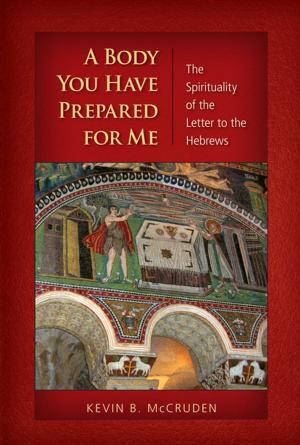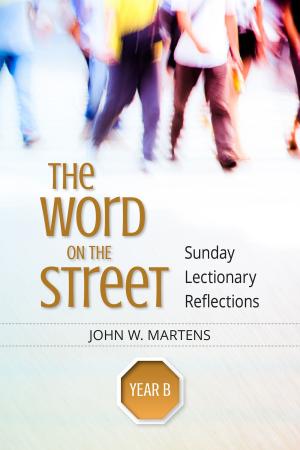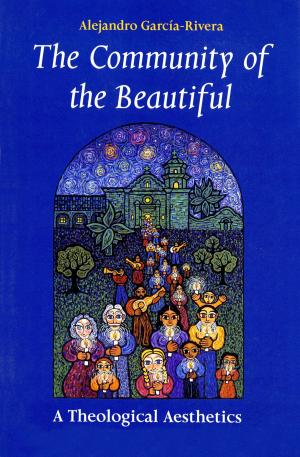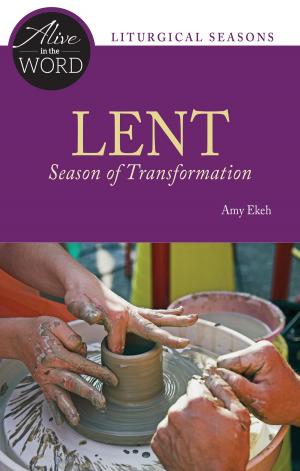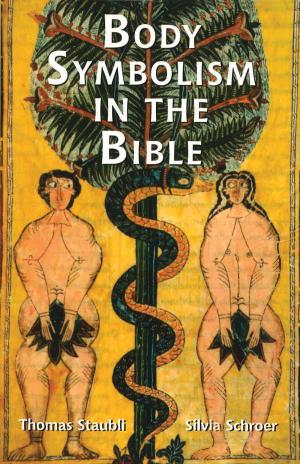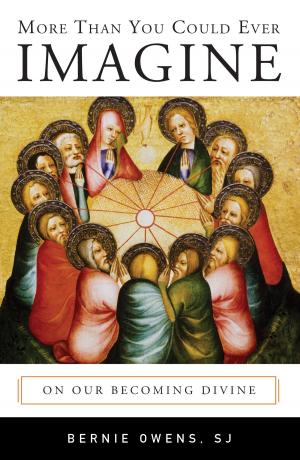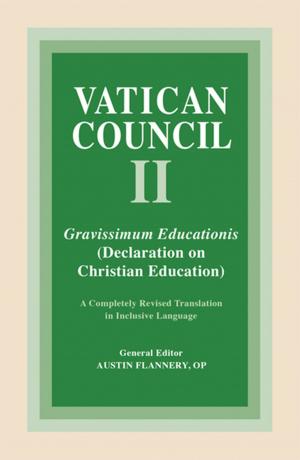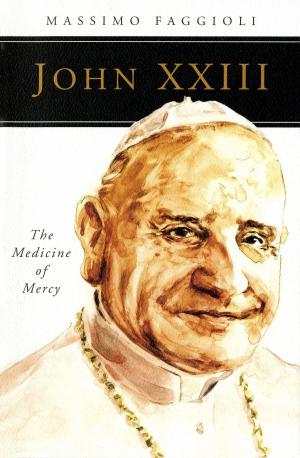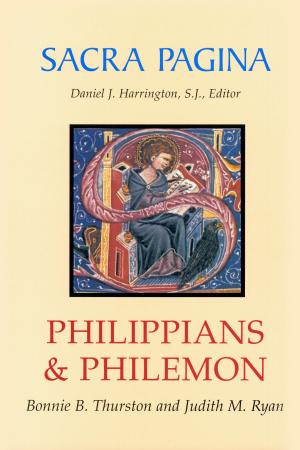Toward a Trinitarian Theology of Liturgical Participation
Nonfiction, Religion & Spirituality, Reference, Ritual & Practices| Author: | R. Gabriel Pivarnik OP | ISBN: | 9780814662601 |
| Publisher: | Liturgical Press | Publication: | January 1, 2013 |
| Imprint: | Pueblo Books | Language: | English |
| Author: | R. Gabriel Pivarnik OP |
| ISBN: | 9780814662601 |
| Publisher: | Liturgical Press |
| Publication: | January 1, 2013 |
| Imprint: | Pueblo Books |
| Language: | English |
Half a century after the Second Vatican Council called for the active participation of the laity in the liturgy, a comprehensive theology of what liturgical participation actually means remains elusive. While most sacramental studies have highlighted the role and action of Christ, the conciliar reform and the theology that emanated from it call for a deeper trinitarian understanding of the liturgy and sacraments.
In this fascinating new work, Gabriel Pivarnik identifies the major theological developments in the concept of active participation of the last century, most notably in Mediator Dei and the Vatican II documents. He also considers the reception of those developments. Drawing especially on the work of Cipriano Vagaggini and Edward Kilmartin, Pivarnik offers a lucid demonstration of how liturgical participation can be viewed in metaphysical, soteriological, and ecclesiological terms through the lens of a trinitarian narrative.
Half a century after the Second Vatican Council called for the active participation of the laity in the liturgy, a comprehensive theology of what liturgical participation actually means remains elusive. While most sacramental studies have highlighted the role and action of Christ, the conciliar reform and the theology that emanated from it call for a deeper trinitarian understanding of the liturgy and sacraments.
In this fascinating new work, Gabriel Pivarnik identifies the major theological developments in the concept of active participation of the last century, most notably in Mediator Dei and the Vatican II documents. He also considers the reception of those developments. Drawing especially on the work of Cipriano Vagaggini and Edward Kilmartin, Pivarnik offers a lucid demonstration of how liturgical participation can be viewed in metaphysical, soteriological, and ecclesiological terms through the lens of a trinitarian narrative.
